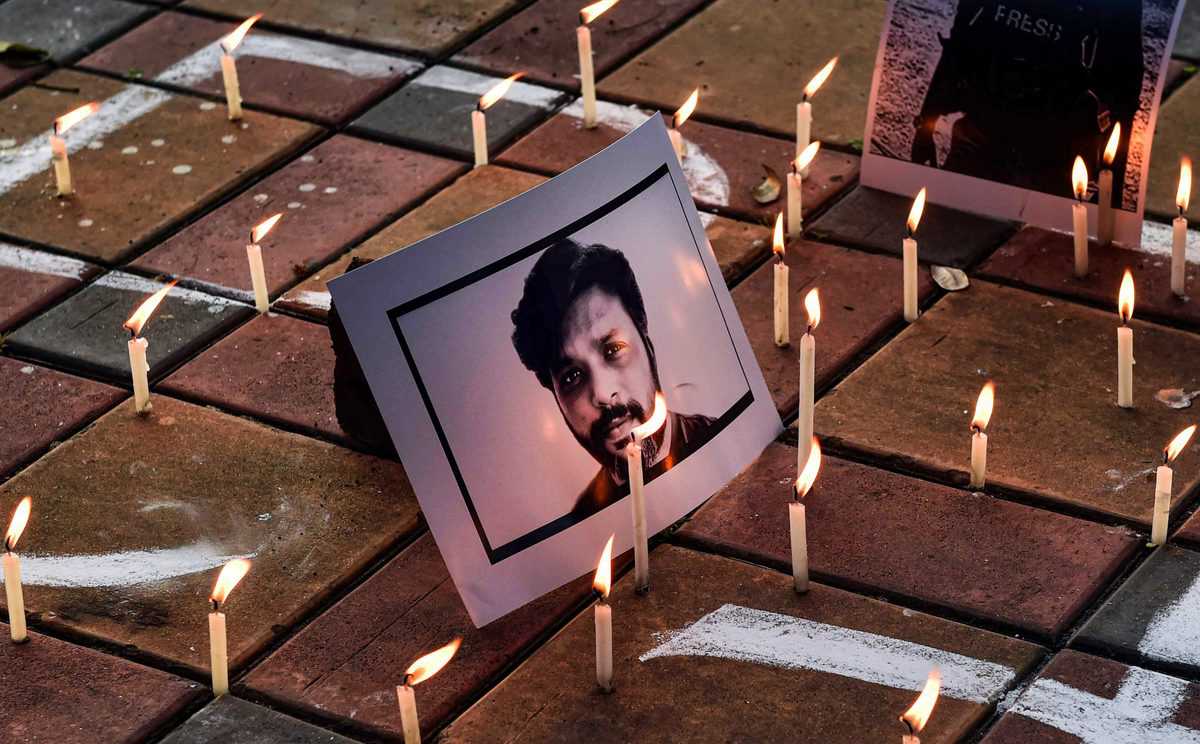Kandahar: After a serious clash between the Taliban and the Afghanistan forces in Kandahar’s Spin Boldak district killed Indian photojournalist Danish Siddiqui, the Taliban on Friday denied any responsibility in his killing.
“We are not aware during whose firing the journalist was killed. We do not know how he died,” Taliban’s spokesperson Zabiullah Mujahid told CNN-News18 on Friday.
“Any journalist entering the war zone should inform us. We will take proper care of that particular individual,” Mujahid was quoted as saying by CNN-News18. “We are sorry for Indian journalist Danish Siddiqui’s death. We regret that journalists are entering war zones without intimation to us,” he added.
38-year-old Siddiqui was covering the Afghanistan-Taliban clash in Kandahar province for the international news agency Reuters, where he was reportedly killed along with a senior Afghan officer. The Afghan special forces had been fighting to retake the main market area of Spin Boldak, Reuters said.
The Indian government, however, did not officially respond to Danish’s death so far except for a minister of external affairs (MEA) spokesperson.
“Our Ambassador in Kabul is in touch with Afghan authorities. We are keeping his family informed of the developments,” MEA Spokesperson Arindam Bagchi saidon Danish Siddiqui’s matter.
Meanwhile, the United Nations Assistance Mission in Afghanistan (UNAMA) said the killing of the journalist was a painful reminder of mounting dangers faced by the media in Afghanistan.
“Media working in Afghanistan and journalism itself in the country is under increasing threat. Our deep condolences to the family & friends of Danish Siddiqui,” UNMA said in a tweet.
About Danish Siddiqui
A native of New Delhi, Siddiqui is survived by his wife Rike and two young children.
Siddiqui is a mass communication graduate from Jamia Millia Islamia. Before making his foray into photojournalism, he had worked as a television correspondent. He has been a correspondent for Reuters since 2010.
Danish Siddiqui was part of a team that was awarded the Pulitzer Prize for Feature Photography in 2018 for documenting Myanmar’s Rohingya refugee crisis, a series described by the judging committee as “shocking photographs that exposed the world to the violence Rohingya refugees faced in fleeing Myanmar.”
In months before his death, Danish Siddiqui covered India’s struggle with COVID-19 and the lockdowns imposed, besides the anti-CAA protests and farmer protests against the union government. His searing photographs, called ‘iconic’ by a major section of social media, depicted truth.

